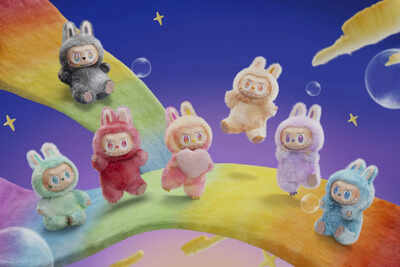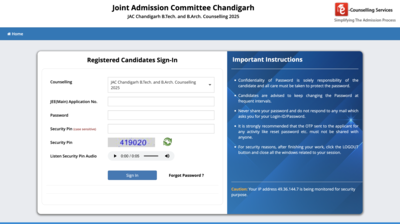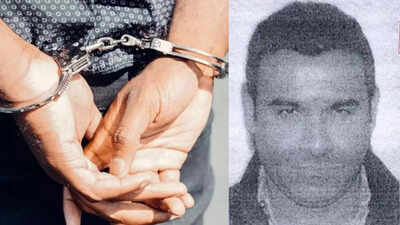Spot the fake ones out: Labubu or Lafufu? Fans struggle to identify originals

Labubu fans around the world are struggling to keep up with a growing wave of fakes, known as “Lafufus,” dolls that look just like the real thing. These knock-offs are fooling even the most alert collectors, despite Pop Mart’s efforts to stop the spread. Pop Mart, the Beijing-based brand behind the popular Labubu dolls, uses QR codes and barcode checks to confirm if a toy is genuine. But as one Chennai-based content creator found out, even these steps aren’t always enough. “I had picked up a Labubu for myself and had done an unboxing video which got a lot of views,” said the creator, who did not want to be named. “I thought it would be fun to do a video with my whole family unboxing their Labubus, so I picked up a pack of six. We did an unboxing video and even authenticated the product,” ET quoted the influencer. She followed Pop Mart’s instructions by scanning the QR code and entering the barcode digits. Her toys passed the test. But later, an eagle-eyed collector noticed something was off, the website itself was fake, and her toys were actually Lafufus. Even though she later replaced the fake with a real Labubu, she took it in her stride. “Lafufus have their own fan base too!” she said. Labubu dolls, small figures with pointy ears, big eyes, and nine-toothed grins, first appeared in 2019 and quickly became a craze. Sold in “blind boxes,” these toys cost between $20 and $30 but can fetch much higher prices. One life-sized version recently sold at a Beijing auction for a record $150,000 (about Rs 1.28 crore). As demand soars, so does the counterfeit trade. Last month, Chinese customs seized over 46,000 fake Labubu toys. State media warned of a growing black market hurting both consumers and creators. Pop Mart’s sales have skyrocketed thanks to Labubu’s popularity. Since going public in Hong Kong in 2020, the company’s founder Wang Ning has become one of China’s top ten billionaires, with a net worth of $22 billion. But Lafufus are gaining ground. They cost as little as $7.50 and are seen by many as a cheaper way to join the trend. “The fakes have become so good,” said Abbas Zaveri, founder of HypeFly, a marketplace for sneakers and collectibles told ET.“Things that customers could look out for is that the heads of the lafufus tend to be very flimsy and the font on the box generally is embossed but the quality on the boxes of fakes tend to be sub-par.”Zaveri further added that despite the original pack for 6 costs more than Rs 24,000, some Indian websites are selling it for just Rs 9,000. Nikhil Jain, who runs City Kicks India, believes the problem is widespread. “About 70–80% of the dolls in the Indian market are Lafufus,” he said. “The site URL had subtle misspellings like “Pop Mari” or “Poap Mart” which are good tell-tale signs for this fraud. There are some marketplaces that have had to set up a team to authenticate their products because earlier they sold them as originals and customers figured out that they were being charged for an original but received a lafufu instead.” The issue isn’t limited to India. In Scotland, consumer group Advice Direct Scotland warned that fake Labubus are tricking families and upsetting children. “These counterfeits are not only deceiving collectors and draining hard-earned money from families, but they are also leaving children heartbroken,” said Hazel Knowles, consumer project lead at the organisation. “We urge consumers to be vigilant, buy only from trusted retailers and report suspected fakes.”






